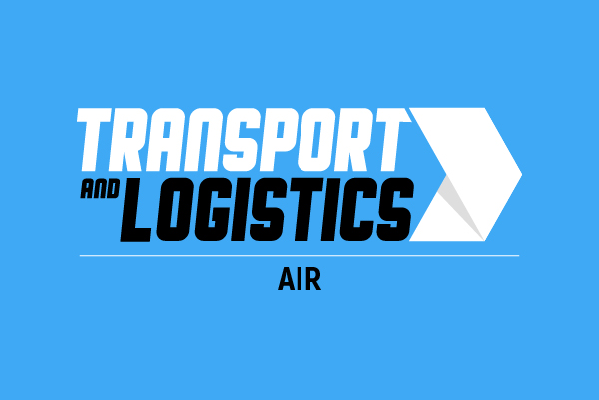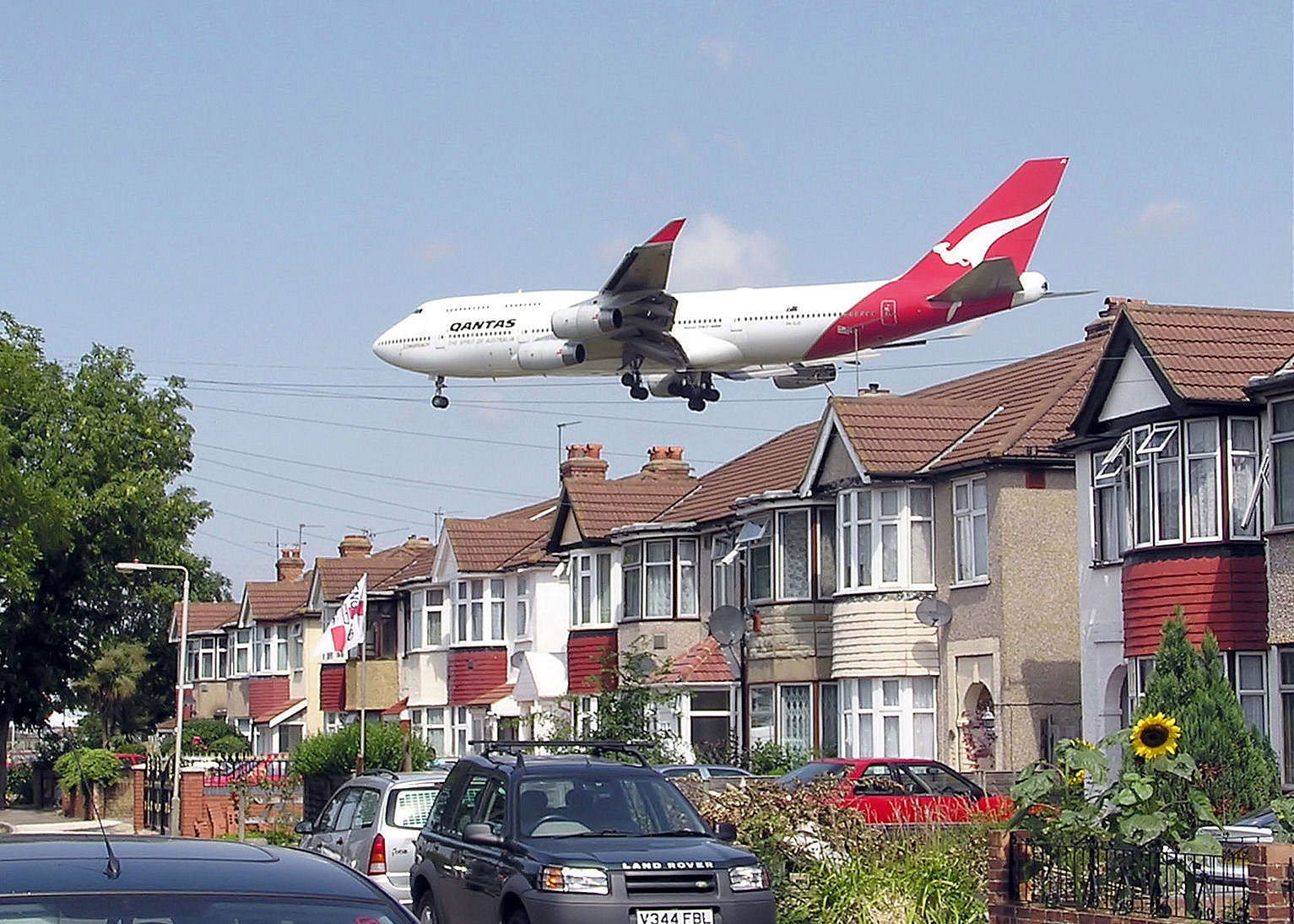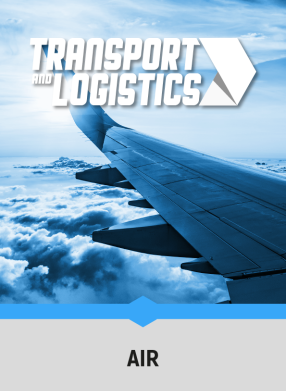An Independent Transport Commission (ITC) report, “Time to act: the economic consequences of failing to expand airport capacity”, has established the macro-economic consequences – including significant productivity and inward investment benefits foregone – of the Government not acting upon the Airports Commission’s forthcoming recommendations.
Using Airports Commission data and existing academic literature, the ITC-commissioned former Bank of England economist, Dr Rebecca Driver of Analytically Driven Ltd, to produce research analysis exploring why better air connectivity matters so much to the UK economy. The report does not comment on where expansion should take place (whether at Heathrow or Gatwick) but looks at the consequences of doing nothing for the UK economy.
The Airports Commission is expected to announce shortly its recommendations for airport expansion. The challenge then falls to Government to balance local worries with the broader national needs of the UK – including jobs, trade, investment and productivity – to make a clear decision, and act.
The report uses existing academic and policy literature to explore the economic consequences of failing to act on airport expansion and demonstrates the ‘opportunity cost’ to the UK economy of continued indecision. Some of the key points of interest are:
- Improved connectivity delivers positive economic gains – A new direct airline route between two metropolitan areas leads to a 4.6% increase in venture capital investments; and a 10% increase in intercontinental flights leads to a 4% increase in the number of head offices situated in a nation.
- Good international connectivity is key to productivity growth – Failure to improve air connectivity will hamper the Government’s objective of improving UK productivity (a key part of next month’s Budget), since the most productive companies and businesses are also those that trade and benefit the most from international connections.
- High value sectors need improved connectivity – Exporters and those involved with international trade have contributed 60% of UK productivity growth in recent years. Failure to provide sufficient direct air connectivity to new markets is therefore likely to act as a brake on these sectors.
- Big gains for cargo and freight – A direct flight between two international cities on Independent Transport Commission Registered Charity: 1080134 2 average compensates for about 10% of the negative effects on trade associated with the typical international border. Transport costs are by far the highest aspect of the costs of goods crossing an international border.
- Scale of Opportunity Costs. The report agrees with the Airports Commission’s estimates that failure to expand airport capacity could result in an opportunity cost of between 0.2 and 1% of GDP by 2050, or between £42 billion and £214 billion (over a 60 year appraisal period) depending on which site is chosen for expansion.
“The most productive firms and sectors are typically those which operate internationally. Better global connectivity is a key enabler if the UK is to meet the challenges of raising productivity, improving living standards and boosting growth,” commented ITC Commissioner Dr Stephen Hickey ahead of the Budget, Productivity Plan and imminent publication of the Airports Commission’s report.
Dr Hickey added: “The conclusions of our analysis are clear: further indecision, or worse still, no decision in favour of increasing airport capacity in the South-East by the Government will lead to a loss of foreign direct investment, harm the chances of a more balanced export-led recovery and act as a drag on the key area of productivity.
“As a medium-size nation operating in a highly competitive global marketplace, can Britain afford to choose a path that impedes economic progress for generations?”
The analysis builds upon previous ITC reports “Flying into the Future” (May 2013), “The optimal size of a UK hub airport” (February 2014), “Surface Connectivity: assessing the merits of the Airports” (October 2014) and “Delivering improved airport capacity: The cost and impact of the Airports Commission’s short-listed options” (March 2015). The ITC’s research indicates that improved long-haul connectivity would be best achieved through investment in a hub airport.














